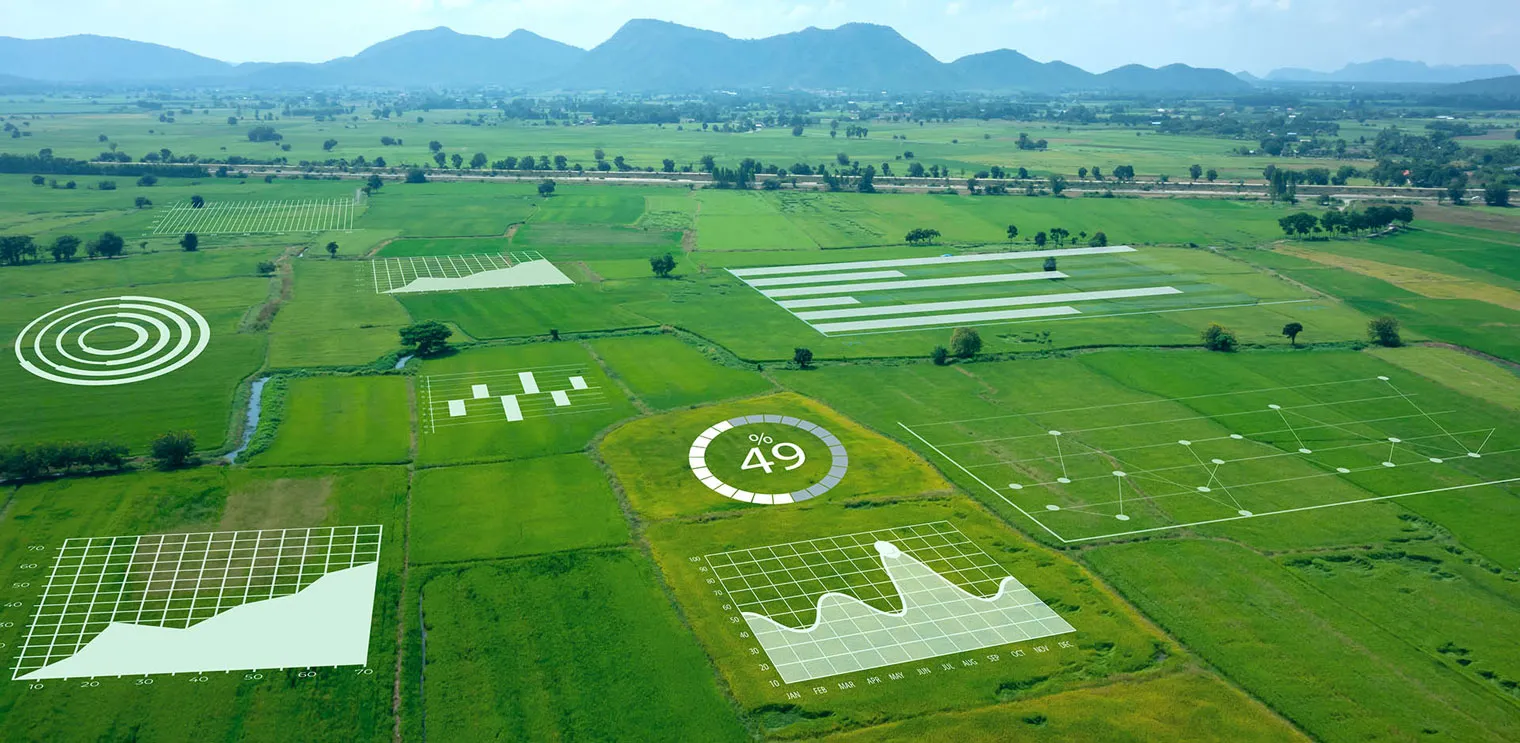Eco-Design Engineering for Education
Discover our dedicated Eco-Design solutions and embrace the Life Cycle Assessment (LCA) methodology to evaluate long-term sustainability
Eco-design (also known as sustainable design) aims to reduce the environmental impacts of a product throughout its life cycle: from raw material extraction, to production, distribution, use and end-of-life. It balances environmental considerations with social expectations and business benefits, driving innovation while preserving natural resources.
With our dedicated software roles from the 3DEXPERIENCE for Education, you can implement a fully digitalized Life Cycle Assessment (LCA) to assess the sustainability of any decision before it is implemented.
Discover the Eco-Design roles available*
These roles are part of the 3DEXPERIENCE for Education solution, in the Design / Engineering portfolio.
These roles come with all the needed applications (Apps) to experience the best learning practices.
* Roles only available in Europe.
EPFL pioneers sustainability and innovation with eco-design engineering
The Swiss EPFL Racing Team is the first Formula Student organization with its own sustainability department. The team uses the 3DEXPERIENCE platform for a comprehensive Lifecycle Assessment (LCA) to evaluate and improve the environmental impact of its electric formula racing car, guiding the eco-design of the next-generation vehicle.
EPFL Racing Team - Designing sustainable racing cars with LCA
Crucial aspects of Eco-Design
By encouraging a holistic approach to product development that embraces the entire lifecycle of a product, Eco-Design leads to long-term Sustainability.
Environmental Benefits
Eco-Design engineering focuses on:
- Reducing resource and energy consumption
- Promoting renewable materials usage
- Reducing pollution and waste by enabling circular economy principles
Business Benefits
Eco-Design allows:
- Cost savings with an efficient use of materials & energy
- Market Differentiation meeting the increasing demands toward sustainability
- Regulatory compliance with environmental regulations
Technological Innovation
Eco-Design capabilities enables:
Innovation through new materials development, technologies and processes
- Products & services' footprint reduction with a comprehensive Life Cycle Assessment (LCA)
- Better anticipation and adaptation to future regulatory changes.
Social Responsability
Eco-Design contributes to:
- Reducing the usage of pollutants and chemicals positively impacts public health
- Enhancing the quality and extending lifespan of products
- Improving transparency to meet increasing demand for more sustainable products
Reach a partner
Get in touch with us to define your needs.
Life Cycle Assessment: Do more than measure your environmental impact
Advanced digitalization helps companies achieve their carbon neutral goals by not only measuring their current environmental impact, but also the impact of future decisions.
DISCOVER THE OTHER DOMAINS
3DEXPERIENCE for Education encompasses a suite of world-class integrated applications for each domain, browse to learn more!
